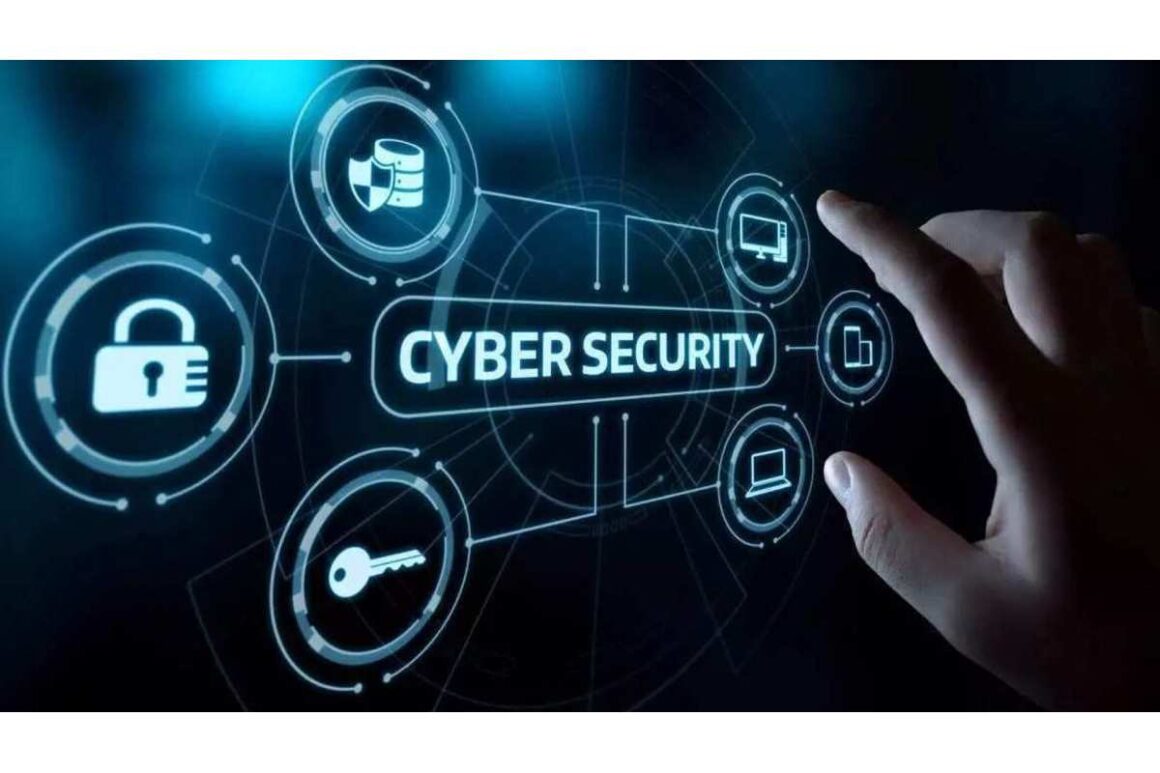“We didn’t think we were a target until we couldn’t access a single file on our server.”
These words from the operations director of a mid-sized commercial contractor reflect a dangerous misconception that continues to leave construction firms vulnerable. After helping dozens of builders recover from devastating cyberattacks, I’ve learned that construction companies aren’t just targets—they’re increasingly preferred targets for sophisticated threat actors.
Why? Construction’s unique blend of high-value financial transactions, distributed project teams, and traditionally limited security investments creates a perfect storm of vulnerability. But the good news is that specialized managed IT services for construction are evolving to address these specific threats with approaches tailored to the industry’s unique operational realities.
Let me share what I’ve learned about the emerging security landscape and how forward-thinking construction firms are protecting themselves.
Table of Contents
The Evolving Threat Landscape for Builders
Construction cybersecurity challenges differ significantly from those in other industries in ways that generic IT providers often miss:
Project-Based Attack Surfaces
Unlike businesses with stable environments, construction operations constantly create new digital attack surfaces:
- Temporary project sites with varying security controls
- Joint venture portals with mixed security standards
- Third-party connections with subcontractors and vendors
- Transient connectivity between field and office systems
A regional builder I advised discovered their network had been compromised through an unsecured connection at a temporary job trailer—a vulnerability their previous IT provider had never addressed because they didn’t understand typical construction site setups.
High-Value Financial Transactions
Construction’s large, irregular payment flows create prime opportunities for financial fraud:
- Progress payments in the millions of dollars
- Large material purchase orders
- Complex payment approval chains
- International wire transfers for specialized equipment
One specialty subcontractor lost $1.2M when attackers compromised their email system and sent fraudulent payment change instructions to their clients. Their generic IT provider had implemented standard email protections that failed to recognize the specific risks of construction payment workflows.
Data-Rich Environments
Modern construction operations generate valuable data that attackers increasingly target:
- Proprietary estimation models and pricing information
- Confidential building designs and specifications
- Detailed client financial information
- Competitive bid strategies and documentation
Where Traditional Cybersecurity Falls Short
Generic cybersecurity approaches consistently fail construction firms because they don’t account for the industry’s operational realities:
The Mobile Workforce Challenge
Standard security models assume most work happens within controlled office environments. Construction’s mobile workforce requires security that works:
- On remote job sites with limited connectivity
- Across personal and company-owned devices
- In harsh physical environments
- With minimal user friction for field personnel
The Subcontractor Ecosystem Problem
Construction’s complex web of project partners creates security gaps that traditional approaches can’t address:
- Varying security standards across multiple companies
- Limited visibility into partner security practices
- Transient access requirements as trades rotate through projects
- Inconsistent data handling procedures across the supply chain
Advanced Security Approaches in Managed IT Services for Construction
Specialized providers are implementing construction-specific security strategies that address these unique challenges:
Identity-Centric Security Models
Rather than focusing primarily on network perimeters, advanced managed IT services for construction implement identity-based security:
- Multi-factor authentication customized for field conditions
- Role-based access tied to project phases and responsibilities
- Automated deprovisioning as project teams change
- Contextual access controls that consider location and device status
A commercial contractor I worked with reduced unauthorized file access incidents by 94% after implementing a construction-specific identity management system that automatically adjusted access as crews moved between projects.
Project-Based Security Frameworks
Instead of one-size-fits-all security, specialized providers create security envelopes around specific projects:
- Customized security controls based on project requirements
- Threat monitoring specific to project activities
- Documented security handoffs between project phases
- Client-specific compliance management
Payment Workflow Protections
Construction-focused security implements additional safeguards around financial processes:
- Out-of-band verification for payment changes
- AI-powered detection of abnormal payment patterns
- Visual indicators for external/unusual email sources
- Specialized training for accounts payable personnel
A mid-sized residential developer avoided a $340,000 loss when their construction-focused IT provider’s specialized email security flagged and blocked fraudulent payment instructions that had bypassed their standard security tools.
Distributed Security Operations
Advanced providers deploy security that functions effectively across distributed operations:
- Edge security for remote job sites
- Offline-capable security that enforces policies even without connectivity
- Lightweight agents optimized for field devices
- Automated security baseline enforcement when devices reconnect
Building a Construction-Specific Security Strategy
Based on dozens of successful implementations, here’s a practical approach to enhancing your security posture:
Step 1: Construction-Focused Risk Assessment
Before implementing security solutions, conduct an assessment that examines:
- Project-specific data flows and access patterns
- Critical financial transaction processes
- Field-to-office connectivity models
- Subcontractor and third-party integration points
Traditional risk assessments miss construction-specific vulnerabilities. One GC I advised had passed a standard cybersecurity audit but still suffered a major breach because the assessment hadn’t evaluated their project-specific systems.
Step 2: Prioritize High-Value Protection
Focus initial security investments on your most critical assets:
- Bid management systems and proprietary pricing data
- Payment approval and financial transaction processes
- Design and building information models
- Client confidential information
Step 3: Implement Construction-Appropriate Controls
Effective controls balance security with operational realities:
- Security solutions that work in low-bandwidth environments
- Authentication methods suitable for field conditions (including dirty hands and gloves)
- Data protection that maintains access during connectivity interruptions
- Training programs designed for construction workflows
Finding Specialized Security Expertise
Not all managed IT services for construction have evolved to address these advanced security challenges. When evaluating security partners, look for:
- Demonstrated understanding of construction operations
- Experience with construction-specific applications and data flows
- Familiarity with relevant compliance requirements (CMMC, CIS, etc.)
- References from similar construction firms
- Incident response experience in construction environments
The Bottom Line
Construction firms face a cybersecurity landscape that differs fundamentally from other industries. Generic security approaches consistently fail to address the unique vulnerabilities created by project-based operations, distributed teams, and complex partner ecosystems.
Specialized managed IT services for construction firms are evolving to deliver security models that protect critical assets while supporting operational realities. By implementing identity-centric, project-based security approaches designed specifically for construction workflows, these providers help builders avoid the devastating impacts of security breaches without hindering productivity.
The most secure construction firms aren’t necessarily those spending the most on security—they’re the ones working with partners who truly understand the intersection of construction operations and cybersecurity requirements.


